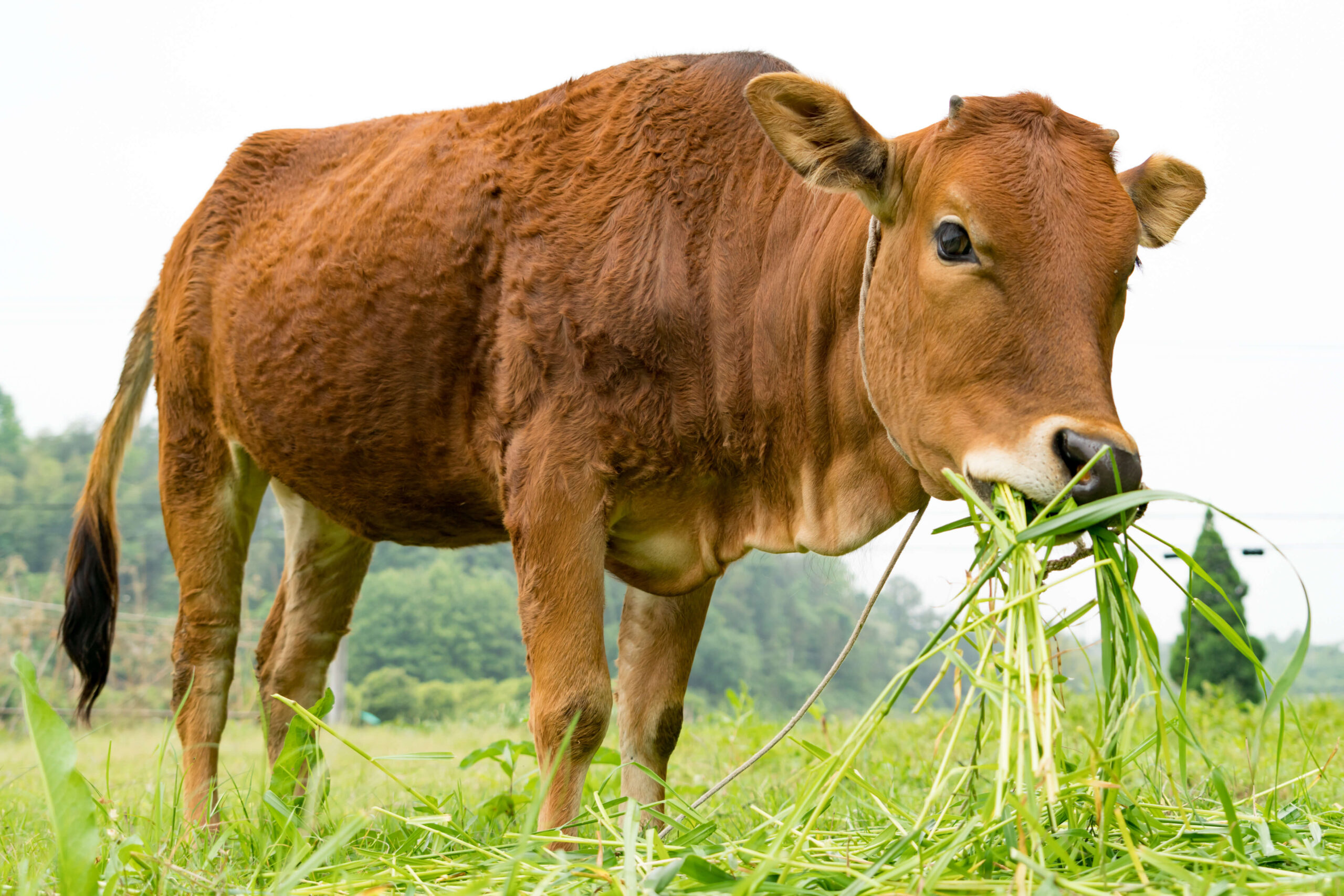The word colostrum may sound familiar to you, as it is the first nourishment a mother naturally feeds her baby 24-48 hours after birth. This is not accidental but rather by design. Colostrum is a thick, yellowish substance that occurs in a woman’s body as a built-in way to provide newborns with ideal nutrition and kickstart their immune system.
However, humans are not the only mammals that produce colostrum or benefit from its nutrient density and other therapeutic properties. All female mammals produce this rich superfood, and all babies benefit from it.
Colostrum supplements, mainly bovine colostrum, have garnered significant attention in the natural human and pet health space in recent years.
What has become evident is that colostrum is helpful not just for newborns but also for people and dogs of all ages. Supplementing your furry friend with bovine colostrum has numerous health benefits, which we explore below.
How bovine colostrum can help your canine companion

Bovine colostrum can benefit dogs in many ways because of its rich nutrients, immune-strengthening properties, and more.
Allergies. Allergic reactions in dogs typically involve an overactive immune response to allergens (such as pollen, dust mites, or certain foods). Colostrum contains immunoglobulins (such as IgG) and other bioactive components that can help regulate and balance the immune response. Colostrum also contains antioxidants such as vitamins A, E, and selenium, which help neutralize free radicals and reduce oxidative stress. This antioxidant activity may help mitigate the inflammatory response associated with allergies.
A significant portion of the immune system resides in the gut. Colostrum contains growth factors and proteins that support the growth and repair of the intestinal lining. This helps strengthen gut barrier function, reducing the absorption of allergens through the gut and potentially alleviating food allergies or sensitivities.
Immune support. Like humans, colostrum provides dogs with antibodies (immunoglobulins), particularly IgG, which can help boost their immune system. This can be especially beneficial for puppies or dogs with weakened immune systems due to illness, stress, or age.
Digestive health. Bovine colostrum contains growth factors and proteins that support the growth and repair of the intestinal lining. It can aid in maintaining gut health and integrity, potentially helping with conditions like diarrhea, inflammatory bowel disease (IBD), or leaky gut syndrome.
Skin and coat health. Colostrum’s nutrients and growth factors support healthy skin and coat, promoting shine and reducing skin allergies or irritations.
Anti-inflammatory properties. Colostrum contains lactoferrin and other cytokines that have anti-inflammatory effects. This can benefit dogs with painful inflammatory conditions such as arthritis.
Oral health. Colostrum contains various bioactive components, including lactoferrin and lysozyme, which have natural antibacterial properties. These substances can help reduce harmful bacteria in the mouth that contribute to plaque formation, gingivitis, and bad breath.

Canine flu. Canine influenza primarily affects the respiratory system, causing symptoms such as coughing, sneezing, nasal discharge, and fever. Colostrum’s immune-supporting and anti-inflammatory effects may help alleviate these respiratory symptoms and support respiratory health.
Nutritional support. Bovine colostrum is rich in proteins, vitamins, and minerals, providing essential nutrients that contribute to overall health and well-being.
Wound healing. Growth factors present in colostrum may promote faster healing of wounds, cuts, and injuries in dogs, internally (such as in the gastrointestinal tract) and externally (on the skin).
Why grass-fed colostrum is best

Grass-fed colostrum is often preferable for human and dog consumption due to its quality and nutrient composition.
Colostrum from grass-fed cows typically contains higher levels of beneficial nutrients, including essential fatty acids (such as omega-3s), vitamins (such as vitamin E), and minerals (such as magnesium and calcium). These nutrients are derived from the cows’ natural grasses and herbs diet.
Colostrum from grass-fed cows has higher immunoglobulin (IgG) concentrations, which are crucial for immune support. This can enhance the immune-boosting properties of colostrum supplements derived from grass-fed sources.
Grass-fed farming practices often involve fewer antibiotics and synthetic hormones than conventional farming. This can reduce the likelihood of contaminants in the colostrum, providing a purer product.
Farming practices focusing on grass feeding are more sustainable and humane than intensive feedlot operations. Choosing grass-fed colostrum supports environmentally friendly and ethical farming practices.
How is bovine colostrum processed?
Bovine colostrum is collected from cows within a few days of giving birth. It is frozen, thawed, and crushed as a supplement. Pasteurization destroys any pathogenic microorganisms. The colostrum is then spray-dried at a very low temperature to remove water and retain all the beneficial properties. The powder is then crushed and packaged.
When looking for the best product for your furry friend, be sure that the main ingredient is colostrum and that the product contains no unnecessary fillers, additives, or artificial flavors.






